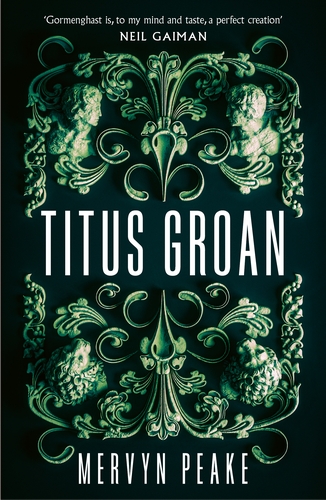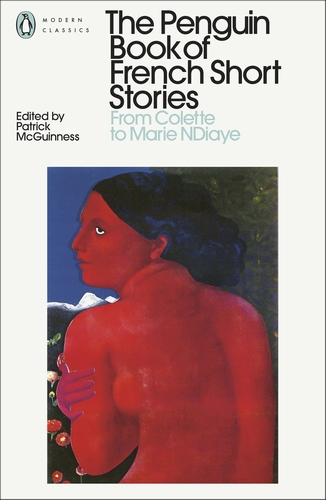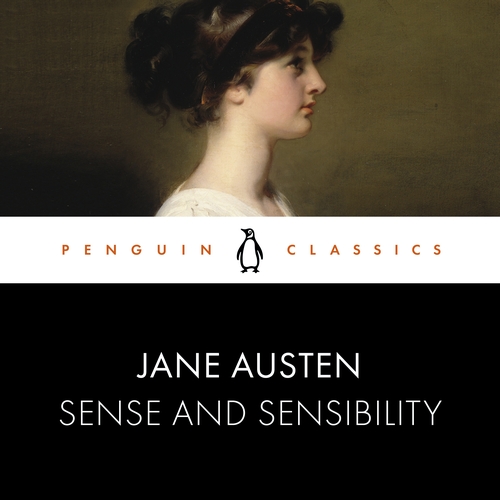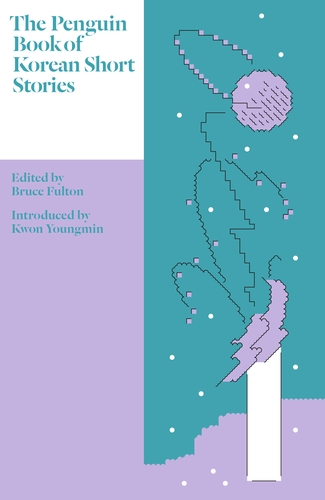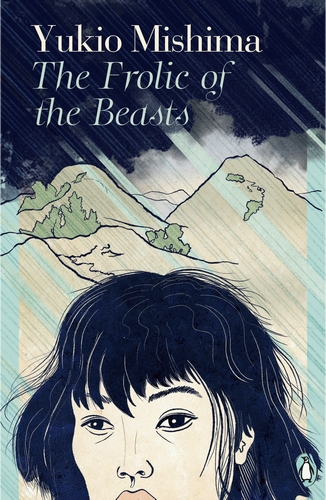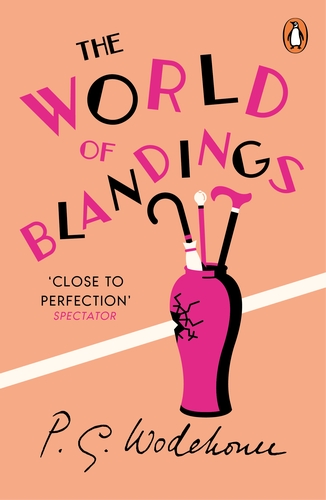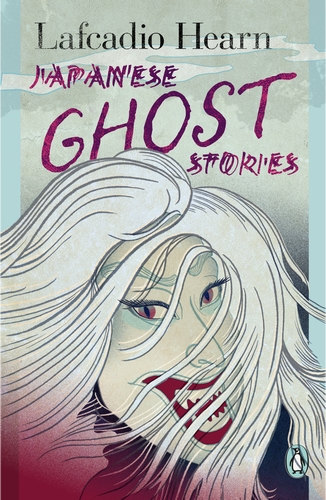Author:John Milton,John Leonard

The poems of John Milton (1608-74) have inspired readers for generations and the selection in this new edition spans his entire career, from his earliest works to the magnificent epics of his later life. The devotional ‘On the Morning of Christ’s Nativity’, his first great poem, anticipates the probing religious questions of Paradise Lost. Works such as ‘L’Allegro’ and ‘Il Penseroso’ consider divisions of loyalties, while ‘A Masque’ (‘Comus’) explores Milton’s great theme of temptation, and the pastoral elegy ‘Lycidas’ contemplates mortality and the meaning of human life. This volume includes considerable selections from Paradise Lost and Paradise Regained - Milton’s late epics on the Fall of Man and Christ’s temptation in the wilderness - and the complete Samson Agonistes, in which the great hero undergoes a profound crisis of faith in his final hours.
The best seller described as the kind of Ulysses which Joyce might have written if he had been a Boeing engineer with a fetish for quadrille paper
—— Irish ExaminerPynchon’s masterpiece.
—— John Sutherland , GuardianThomas Pynchon gives us 20th-century fiction's finest memento mori.
—— John Sutherland , The Times[A] masterpiece
—— Marc Chacksfield , ShortListThis stunner is already classed with Moby Dick and Ulysses. Set in Europe at the end of WWII, with the V2 as the White Whale, the novel's central characters race each other through a treasure hunt of false clues, disguises, distractions, horrific plots and comic counterplots to arrive at the formula which will launch the Super Rocket... Impossible here to convey the vastness of Pynchton's range, the brilliance of his imagery, the virtuosity of his style and his supreme ability to incorporate the cultural miasma of modern life
—— VoguePynchon leaves the rest of the American lierary establishment at the starting gate...the range over which he moves is extraordinary, not simply in terms of ideas explored but also in the range of emotions he takes you through
—— Time OutEntering this enormous novel is like buying a ticket for the ghost train and plunging into a world of metaphysical illusion, where you must forget earlier notions about life and letters and even the Novel
—— Financial Times